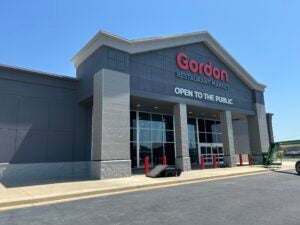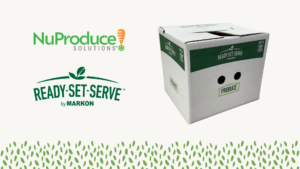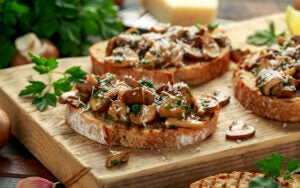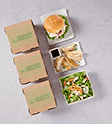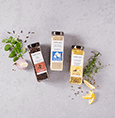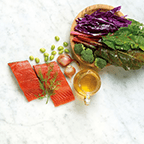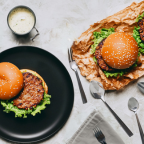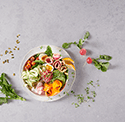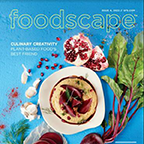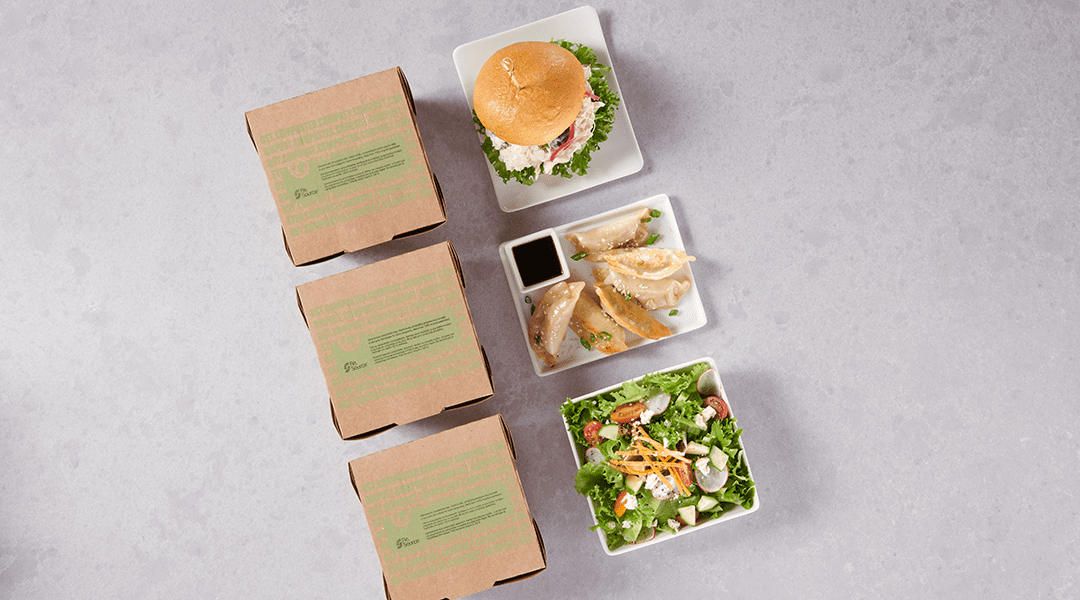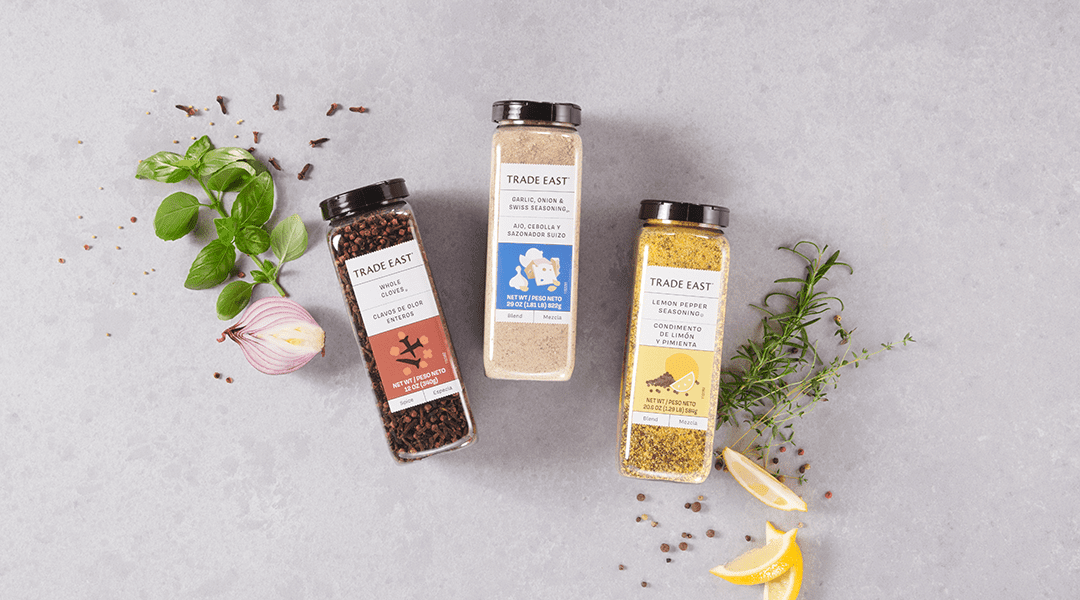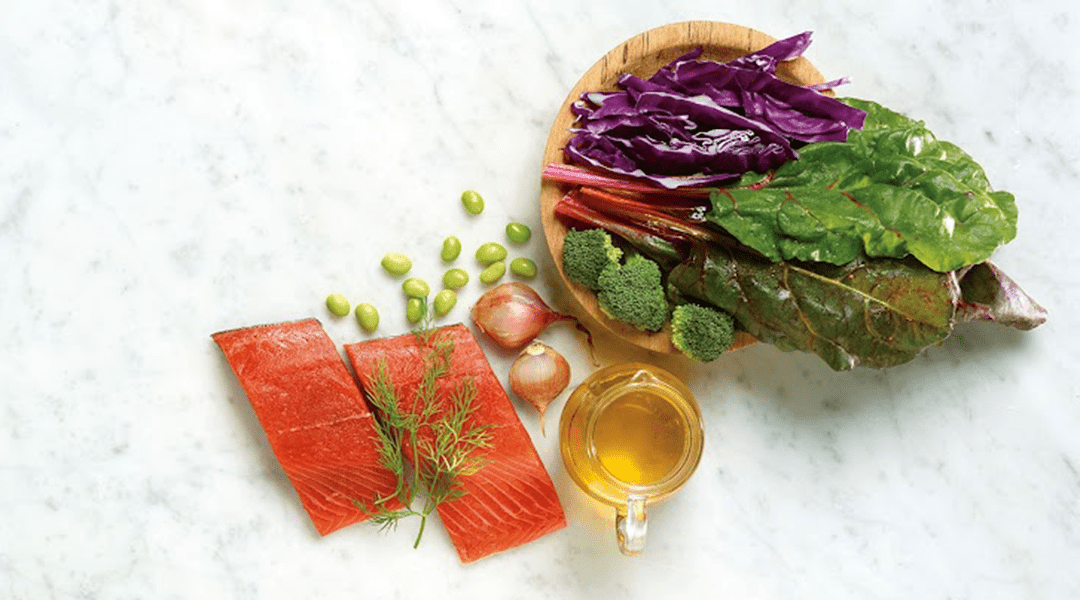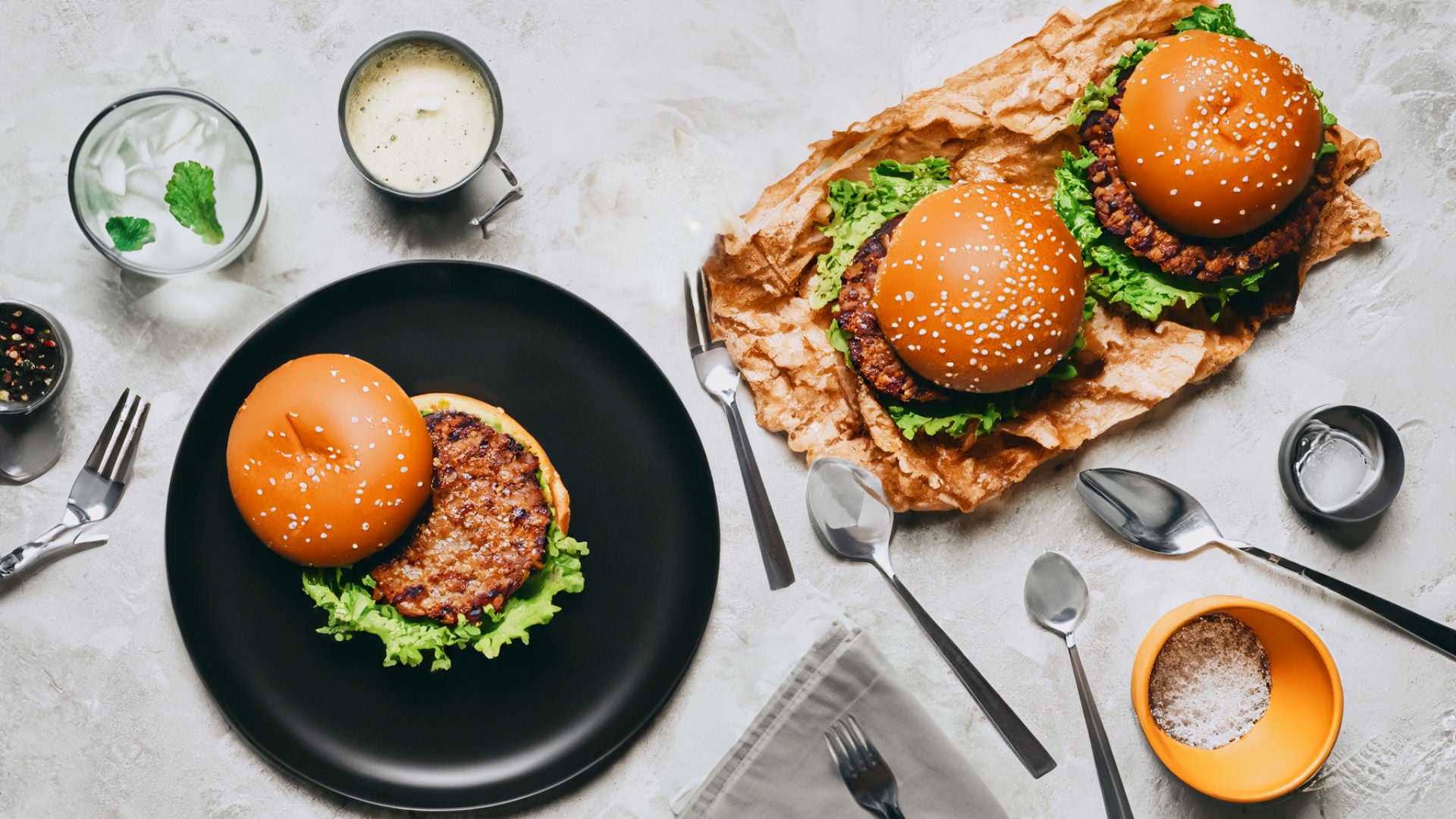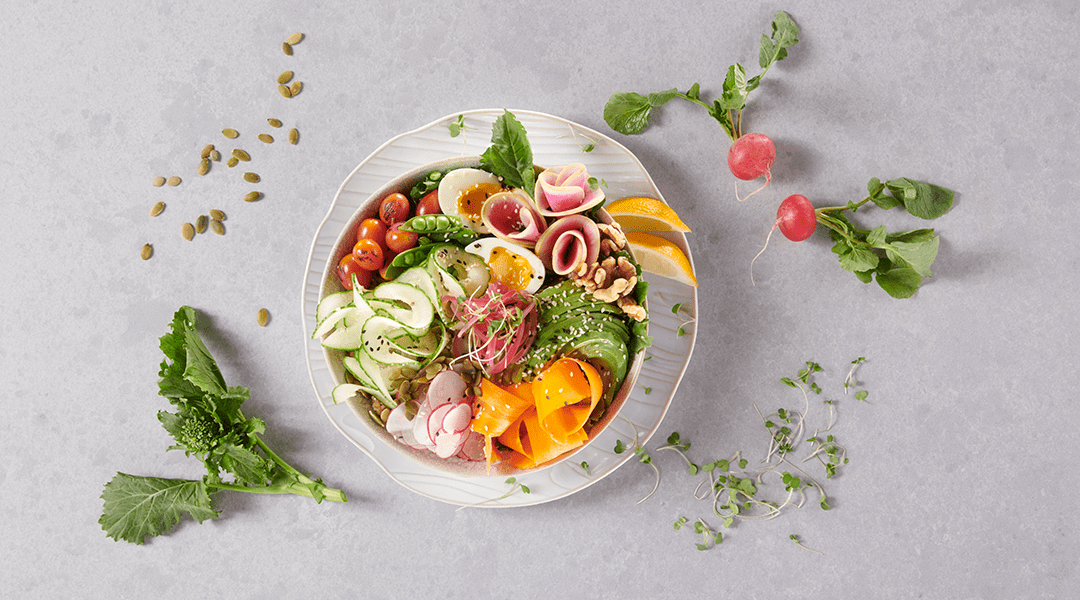Corinne Inchauste knows a dehydrated resident when she sees one.
“They go from being out and about to just sitting,” says Inchauste, a certified dietary manager at Spectrum Health Rehab and Nursing Center in Grand Rapids, Michigan. “They’re shutting down, they’re getting weaker.”
Weakness and lethargy are among the milder symptoms of dehydration in an older population. Insufficient intake of liquids also can lead to urinary tract infections. It can prevent pressure sores from healing and lead to malnutrition, as liquids transport nutrients throughout the body. Weight loss, diarrhea, and constipation are also side effects of dehydration. Extreme dehydration can result in death.
Getting patients and residents to consume enough liquids—roughly 3.7 liters a day for a man over 70 and 2.7 liters for a woman over 70, according to the Academy of Nutrition and Dietetics—is easier said than done. Older people can forget to drink; those with dysphagia or dementia might find it physically difficult to swallow liquids.
9 Tips for Proper Hydration of Residents
1) Keep Water in the Rooms
A 16-ounce pitcher of fresh water, within reach of the resident’s bed or chair, will help encourage drinking. The hash marks on the bottle can help staff keep track of water consumption, says Bonnie Minsky, a Certified Nutrition Specialist and owner of Nutritional Concepts, a nutrition consultant in Northbrook, Illinois.
2) Have Drinks Always Available
That means during activity time as well as at snacks and meals, Inchauste says. Hydration carts stocked with fruit-flavored water (watermelon and cucumber are popular) can also encourage residents to drink and help staff remember to keep them hydrated, she says.
3) Think Beyond Water
While water is the best hydrator; cranberry or grape juice works well, too. Brightly colored drinks, especially those with a red hue, appeal to dementia patients, Inchauste says.
4) Think Beyond Liquids
For those who would rather eat than drink, provide foods with high water content, such as finely chopped or puréed vegetables, low-sodium broth and consommé, Jell-O, ice cream, and sherbet.
5) Be Aware of Dehydrating Foods
High-sodium foods leach water from the body, as do sugars and some artificial sweeteners as well as caffeine, Minsky says. Consider replacing them with hydrating foods—fresh fruits and vegetables, chopped finely enough for residents to eat without difficulty. Microwave the pieces for 10 or 15 seconds to soften them and make them more chewable, she advises.
6) Provide Helpful Modified Cups for Dysphagia Patients
Inchauste suggests sipper cups and “nosy” cups, which let users tuck their chins while drinking, to help residents who have difficulty swallowing. Thicker liquids, such as shakes or puréed (and not boiling hot) soups, can be consumed slowly and also help keep dysphagic residents hydrated.
7) Keep Tabs on Residents Taking Diuretics
According to Minsky, seven of 10 seniors take a diuretic or medication that acts as a diuretic. These medicines prevent swelling, such as edema, but are dehydrating as well; people on these medicines must be ultra-vigilant about hydration.
8) Consider Electrolyte Water
Dehydration throws off the body’s electrolyte balance, which can lead to arrhythmia and cardiac arrest, Minsky says. To prevent this, consider electrolyte water such as SmartWater for certain residents, not sports drinks filled with sugar. Electrolyte water hydrates and provides patients with potassium and magnesium, compounds needed to keep the heart in good shape. Bananas also contain both compounds and are hydrating, Minsky adds.
9) Communicate With Residents
Let residents know they need to consume more liquid, and ask them for help in doing so. That might be more effective than a water pitcher or hydration cart.
“It really is amazing when you involve the residents in their own care,” Inchauste says.

